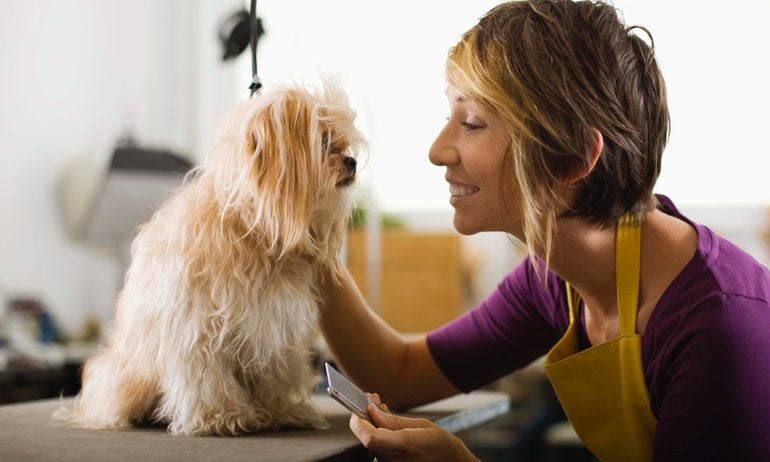Am I Ready for My First Credit Card?
If you're organized, can consistently save money and understand how interest works, it might be time.

Many or all of the products on this page are from partners who compensate us when you click to or take an action on their website, but this does not influence our evaluations or ratings. Our opinions are our own.
Being ready for your first credit card is a little like being ready to get your driver’s license: Just because you can qualify for it doesn’t mean you're necessarily ready to take on the responsibility.
“People tend to find it easier to pay with a credit card than with cash, largely due to the fact that you don’t feel the pain of payment at the time,” said David Gal, professor of marketing at the University of Illinois at Chicago. That's why people need to have an ability to delay gratification before signing up for their first card, or else they could end up overspending and unable to pay off their debt, Gal said.
While there’s no foolproof way to assess maturity, consumer and financial experts say there are indicators of readiness that people should consider before applying for their first card.
NERDWALLET'S GUIDE TO YOUR FIRST CREDIT CARD |
Signs that you're ready
Do you save money consistently? Saving money is a sign that you can delay gratification, Gal said. If you're able to do so each month, that's an indicator that you'll also practice responsible spending on your first credit card.
Are you responsible in other areas of your life? Gal said that if you have shown the ability to take care of a pet or turn in school assignments on time, it’s a good sign you're also ready to manage a credit card.
Do you think before making purchases? “When you can consistently mentally calculate the true cost of what you’re buying, that’s a sign you’re ready,” said Kit Yarrow, consumer psychologist and professor emerita at Golden Gate University. “Do you think, ‘How many hours of work did it take to buy that?’”
Do you already have an emergency fund? “Even if you just have a baby emergency fund, like $1,000, that can help you avoid credit card debt,” said Sophia Bera Daigle, a certified financial planner and founder of Gen Y Planning. If you end up spending more than you had planned, then you’ll still be able to cover your bill if you have that cushion already in place.
Are you organized? “You have to be a proficient planner so due dates don’t surprise you,” Yarrow said. If you miss credit card due dates and get hit with late payment fees, it’s easy to get behind on your debt, she said.
Do you understand how credit card interest works? It's key to grasp that if you don’t pay off a $20 sweater when the bill is due at the end of the month, that sweater will end up costing you more than $20, Yarrow said. “It’s really easy to get to a point where you can’t get out of debt, maybe partly because you don’t understand how quickly interest adds up,” she adds.
Using a credit card with a low credit limit or a secured credit card that requires a cash deposit can help you practice managing a credit card without taking on more risk than necessary.
Ways to start slowly
While age doesn’t always correlate with maturity, Yarrow cautioned against waiting too long to get your first credit card. That's because credit cards can help build your credit, which eventually may allow you to qualify more easily for financial products such as mortgages, auto loans and even auto insurance as a young adult.
“By their late teens or early 20s, people should be ready,” she said.
Bera said she got her first credit card at age 16 (before the Credit Card Act of 2009 went into effect, requiring cardholders to be at least 18 and have independent income), with a credit limit of $300 that she used only for gas and emergencies.
She noted that a card with a low credit limit can be a way to test your ability to manage credit.
“You can put just a few recurring charges on it like a cell phone bill or Netflix account and always pay it off,” she said. If you can do that, then you might decide you’re ready for a higher credit limit or to use the card for more purchases.
While Gal said it’s important to understand how quickly interest and fees can accumulate before using credit cards, he also thinks the best way to gain that knowledge is by using cards.
“I’m not sure how you can gain that knowledge other than experiencing it yourself,” he said.
Find the right credit card for you.
Whether you want to pay less interest or earn more rewards, the right card's out there. Just answer a few questions and we'll narrow the search for you.




